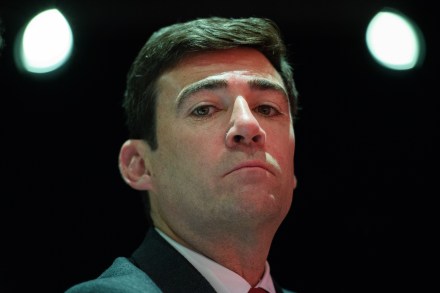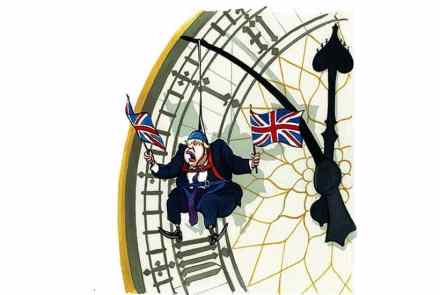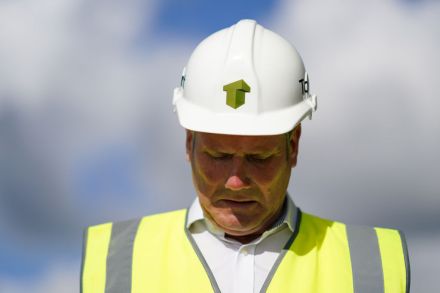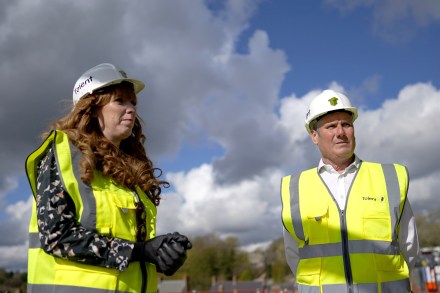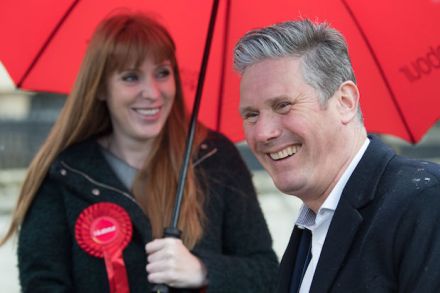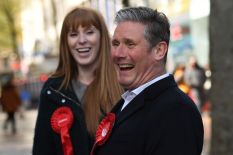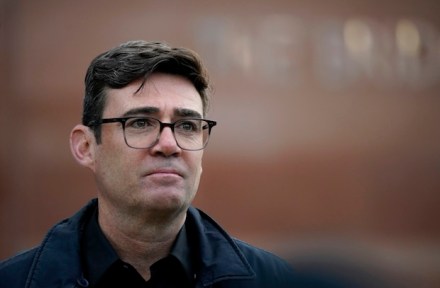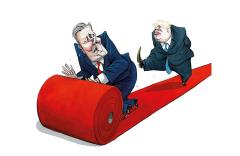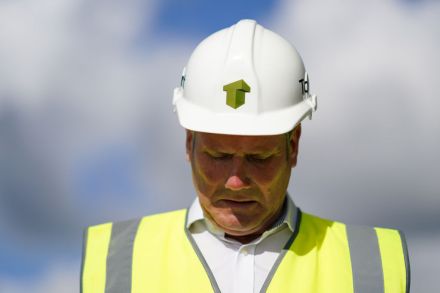The shamelessness of Andy Burnham
Of all the people who should carry the can for Jeremy Corbyn becoming leader of the Labour party, Andy Burnham doesn’t get his fair share of the stick. It was, after all, Burnham’s fear of being the most left-wing candidate in the 2015 leadership contest that led to Corbyn being ‘loaned’ enough MPs’ votes to get Dear Jeremy on the ballot. Despite this fact, Burnham felt no shame in saying in an interview this weekend that, ‘I still think life would have been different if I had won in 2015’, as if he hadn’t been his own worst enemy in denying that victory from taking place. That’s before we move onto
